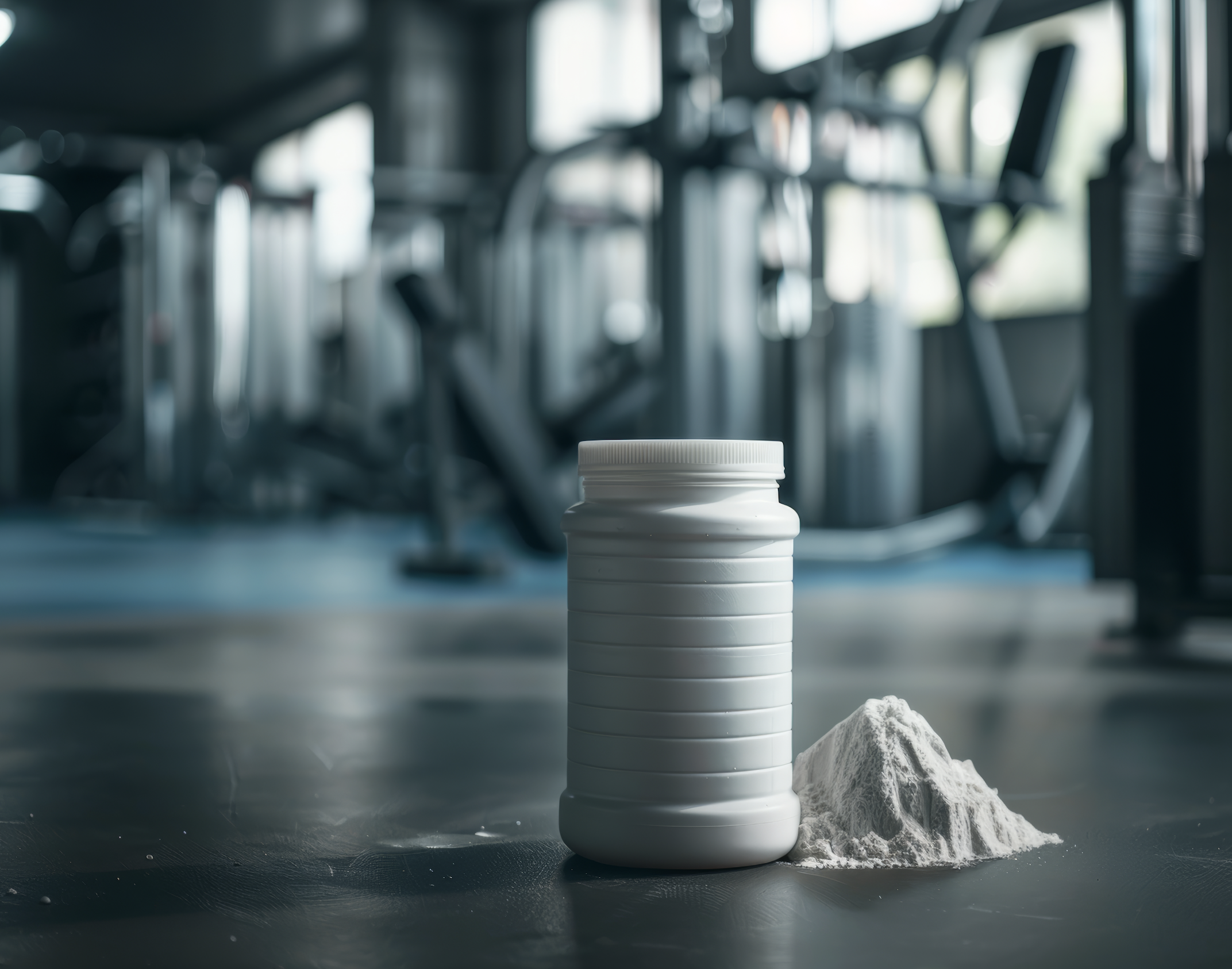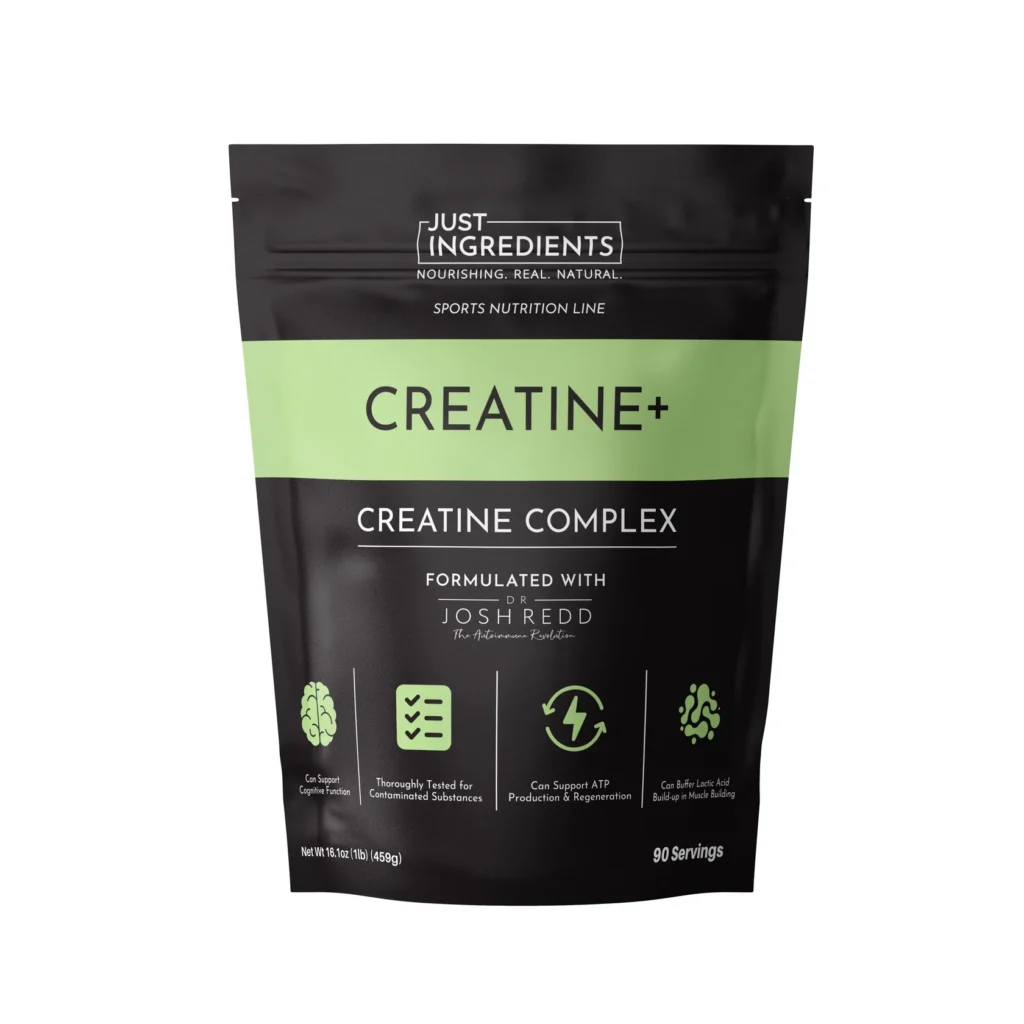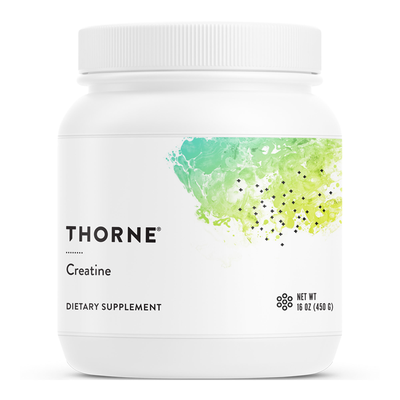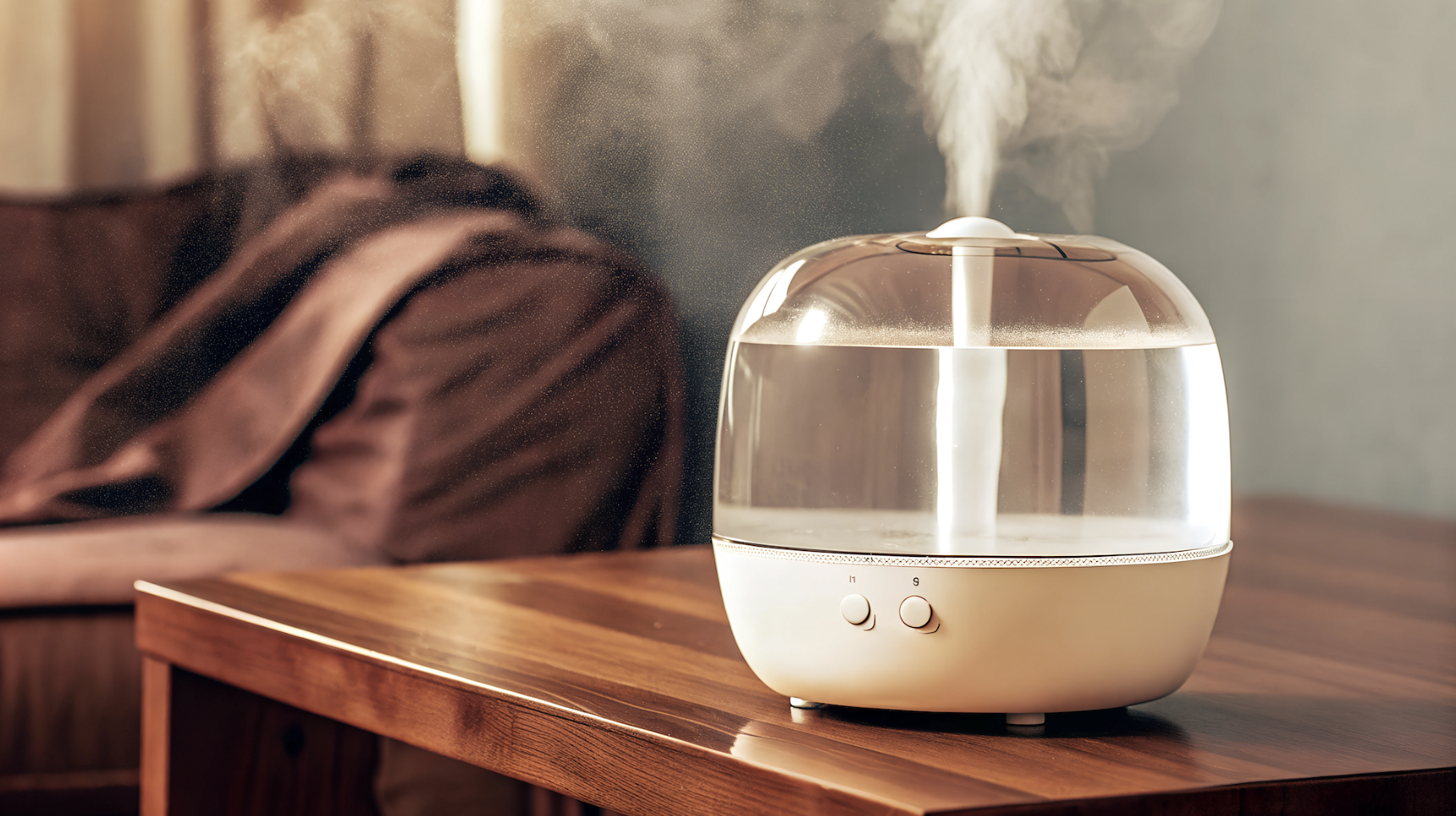Most people associate creatine with muscle gains and athletic performance, but recent research has uncovered its powerful potential in supporting brain health. Creatine, a naturally occurring compound in the body, plays a key role in cellular energy production, and this extends beyond the gym. In fact, its ability to fuel the brain makes it an exciting supplement for improving cognitive performance, protecting brain health, and even supporting mood.
In this blog post, we’ll dive into the science behind creatine’s brain benefits, how it works, potential side effects, the importance of choosing high-quality forms, and practical tips for minimizing any unwanted effects.
How Creatine Works in the Brain
Creatine functions as a high-energy phosphate reservoir, which helps to regenerate ATP (adenosine triphosphate)—the main energy source for cells. While muscles store most of the body’s creatine, the brain also utilizes this compound to meet its high energy demands. By maintaining healthy levels of ATP, creatine supports various processes that are crucial for brain function, including cognition, memory, and mental clarity.
Here’s how creatine can boost brain health:
1. Enhanced Cognitive Performance
In studies, creatine has been shown to improve cognitive tasks, particularly under conditions of high mental fatigue or sleep deprivation. This is especially important in today’s world, where we are constantly multitasking, managing stress, and dealing with the demands of everyday life. Creatine helps the brain maintain energy levels, which can improve short-term memory, attention span, and overall cognitive performance.
2. Neuroprotection
One of the most exciting benefits of creatine is its potential to protect the brain from neurodegeneration. By maintaining ATP levels and reducing oxidative stress, creatine helps protect brain cells from damage and may reduce the risk of age-related cognitive decline. Some studies suggest it may also benefit people with neurodegenerative diseases like Parkinson’s and Alzheimer’s by slowing disease progression and preserving cognitive function.
3. Mood Support and Mental Health
There is growing evidence that creatine can support mood and may have antidepressant effects. This is likely due to its role in ensuring optimal brain energy metabolism, which is often disrupted in people with depression. In some studies, creatine supplementation has been linked to improved mood and a reduction in depressive symptoms, particularly when used alongside conventional treatments.
4. Improved Oxygen Utilization in the Brain
Creatine also enhances the brain’s ability to utilize oxygen efficiently. This can be particularly helpful in stressful or demanding cognitive situations where the brain needs more oxygen to perform at its best. By optimizing oxygen usage, creatine helps sustain focus and mental clarity, even during prolonged mental efforts.
Potential Side Effects of Creatine
Despite its numerous benefits, some people experience side effects when using creatine. While most of these side effects are mild and can be managed with proper dosing and hydration, it’s important to be aware of them, especially if you’re new to using creatine for brain health.
1. Water Retention & Bloating
One of the most common side effects of creatine is water retention, which can cause bloating and temporary weight gain. Creatine draws water into muscle cells, which is great for muscle recovery, but it can also lead to that puffy feeling. While this isn’t harmful, it can be uncomfortable for some users, especially those focused on brain benefits rather than muscle growth.
2. Stomach Issues
Some people experience gastrointestinal discomfort when using creatine, including bloating, cramping, nausea, or diarrhea. These side effects are more likely when creatine is taken in large doses or on an empty stomach. However, these symptoms tend to subside as the body adapts to creatine supplementation.
3. Dehydration
Creatine pulls water into muscles, so if you’re not drinking enough fluids, you may experience dehydration. This can lead to headaches, dizziness, and even muscle cramps. Dehydration also exacerbates water retention and bloating, so it’s important to stay well-hydrated while using creatine.
4. Kidney Strain
Though creatine is generally safe for healthy individuals, people with pre-existing kidney conditions should be cautious. High doses of creatine over long periods can put strain on the kidneys, as they work to filter out the byproducts of creatine metabolism. If you have any concerns about kidney health, it’s best to consult with a healthcare provider before starting creatine.
5. Muscle Cramps
Though not common, some users report muscle cramps while taking creatine, which may be related to dehydration or imbalances in electrolytes. This side effect is more common during intense physical activity or if water intake is insufficient.
Tips to Minimize Creatine Side Effects
The good news is that most of these side effects can be easily minimized with some simple lifestyle adjustments. By following these tips, you can enjoy the brain-boosting benefits of creatine without the discomfort.
1. Drink Water
Staying well-hydrated is crucial when taking creatine. Since creatine pulls water into your muscles, you need to drink plenty of fluids to avoid dehydration and reduce the chances of bloating. Aim for at least 8-10 glasses of water per day, or more if you’re physically active.
2. Start Slow
If you’re new to creatine, start with a smaller dose and gradually increase it over time. This allows your body to adjust and reduces the risk of bloating and stomach discomfort. A good starting dose is around 2-3 grams per day, increasing to 5 grams once your body is used to it.
3. Try Micronized Creatine
Micronized creatine is a form of creatine that has been processed into smaller particles, making it easier for your body to absorb. This can help reduce bloating and gastrointestinal issues. Many people find that micronized creatine is gentler on the stomach and causes fewer side effects.
4. Split Your Doses
Instead of taking your entire daily dose at once, consider splitting it into smaller doses throughout the day. This can help your body absorb the creatine more efficiently and reduce the risk of bloating and stomach upset.
5. Take with Meals
Taking creatine with meals can improve absorption and minimize digestive discomfort. Pairing creatine with a balanced meal that includes protein and healthy fats may also help mitigate any bloating or cramping.
6. Avoid Sugary Drinks
Mixing creatine with sugary beverages can irritate your stomach and contribute to bloating. Instead, opt for water, unsweetened tea, or other sugar-free drinks when taking your creatine. Avoiding excess sugar also supports overall brain health.
7. Consider Other Forms
If bloating or other side effects persist, you might want to try a different form of creatine. Creatine hydrochloride (HCl) is one option that some users find easier on the stomach. It’s more soluble in water, which may reduce gastrointestinal discomfort and bloating.
Final Thoughts on Creatine for Brain Health
Creatine is much more than just a muscle-building supplement. Its ability to support brain health, enhance cognitive performance, protect against neurodegenerative diseases, and improve mood makes it a valuable addition to any wellness routine. As with any supplement, it’s important to understand how to use creatine safely and effectively.
By staying hydrated, starting with a lower dose, and making smart choices about how and when you take it, you can enjoy the brain-boosting benefits of creatine without worrying about side effects. Whether you’re looking to boost your mental clarity or support long-term brain health, creatine may just be the edge you need.
If you’re considering adding creatine to your routine, consult with a healthcare provider to ensure it’s the right fit for your individual health needs, especially if you have any underlying health conditions.
Ready to Take Your Brain Health to the Next Level?
Creatine could be the missing piece in your cognitive wellness plan. Give it a try and see how it works for you—but remember, it’s important to choose high-quality supplements and use them as part of a holistic approach to brain health, including proper nutrition, sleep, and stress management.
Here are two Creatine products that I recommend:
Just Ingredients Creatine+ (Use affiliate coupon code “Noorda” to save 10%)
Thorne Creatine – It’s part of my Brainlift Boost Supplement Protocol and you can find it on Fullscript.
RESEARCH + RESOURCES:
Creatine Supplementation and Brain Health. Nutrients, 2021
Heads Up for Creatine Supplementation and its Potential Applications for Brain Health and Function





